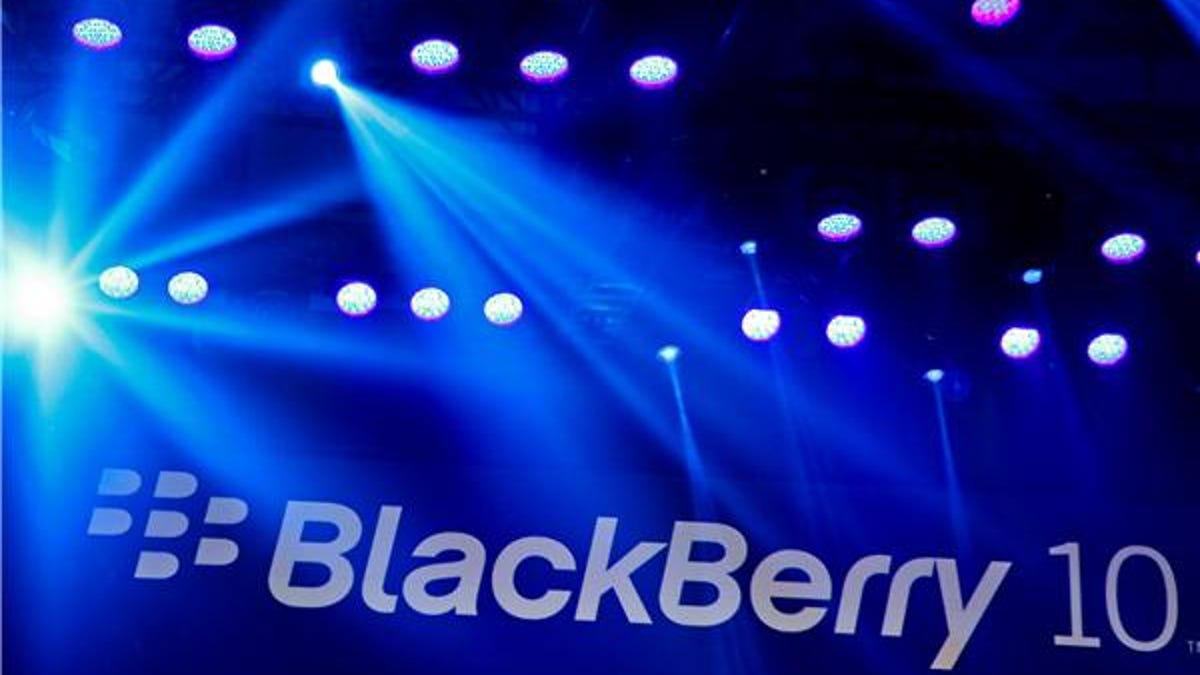BlackBerry concedes it can't compete with iOS, Android
The company admits it has been hurt by competing devices in Asia-Pacific, Africa, the Middle East, and Latin America markets.

BlackBerry has acknowledged that it just can't compete with Apple and Android, even in international markets where it once was dominant.
In a regulatory filing released late Tuesday to announce its second-quarter results, BlackBerry explained how weak demand for its products in the US has spread to other countries.
The intense competition impacting the Company's financial and operational results that previously affected demand in the United States market is now being experienced globally, including in international markets where the Company has historically experienced rapid growth. The increase in competition encountered by the Company in international markets is due to the recent entry into those markets of global competitors offering high end devices that compete with the Company's BlackBerry 10 devices, as well as other competitors targeting those markets with lower end Android-based devices that compete with the Company's lower cost devices."
The company also pointed to one key factor that can make or break a mobile operating system: apps.
"The decline can also be attributed to consumer preferences for devices with access to the broadest number of applications, such as those available in the iOS and Android environments," BlackBerry said.
In a sign of its ongoing decline, BlackBerry last week reported a second-quarter loss of almost $1 billion, while revenue plummeted by 45 percent. The company recently announced that it would lay off around 40 percent of its employees as it moves its focus away from individual consumers and more toward business customers.
A possible white knight has appeared, however, that could keep BlackBerry alive. Last week, a group led by Fairfax Financial Holdings entered into a deal to buy BlackBerry and take the company private. Valuing BlackBerry at $4.7 billion, the deal would offer stockholders $9 a share in cash. In the meantime, BlackBerry is free to entertain buyout proposals from other groups, though the chances of a better offer emerging are slim to none.
And even Fairfax's offering price might not come to pass. Analysts told AllThingsD on Tuesday that the offer could drop as low as $5 per share based on BlackBerry's dour second-quarter results.
(Via The New York Times)

